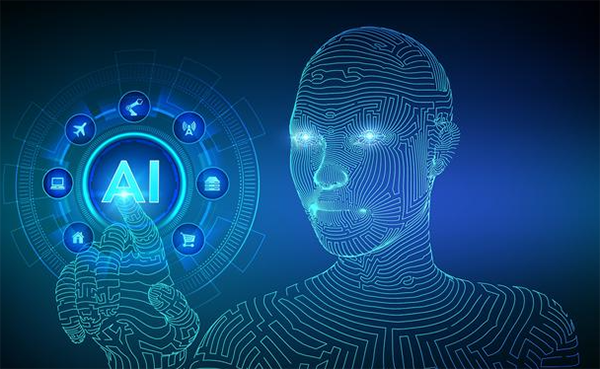As technology giants such as Microsoft, Google, OpenAI, and Anthropic launch AI agent products, a technological revolution in AI agent systems sweeping the world is quietly emerging. What is so unique about these new AI tools? How will they reshape our digital lives? The editor of Downcodes will take you to delve into the mystery of AI agents, as well as its broad application prospects and potential challenges.

An AI agent is essentially an intelligent software system that can accomplish specific goals autonomously. They work like an efficient project manager, breaking down complex goals into smaller tasks, allocating necessary resources, and monitoring task progress until completion. Compared with traditional AI models, the biggest advantage of AI agents lies in their multi-task chain processing capabilities.
Picture source note: The picture is generated by AI, and the picture is authorized by the service provider Midjourney
Currently, more than 200 million users use ChatGPT every week, but most only use it as an advanced search engine or a simple conversation tool. Students use it to outline articles, and professionals use it to summarize data or create marketing copy. The scenarios where AI can truly be used as a complete replacement tool are still relatively limited, and users often need close supervision to ensure its normal operation.
Although the current AI agent system does not seem to have brought about revolutionary breakthroughs, its functions are still limited to basic tasks such as text summary, video transcription, and website SEO auditing. However, with the development of technology, especially with the support of technologies such as blockchain, third-party payment systems and smart contracts, the application prospects of AI agents will be broader.
Take Pin AI, for example. The company co-founded by former Google DeepBrain researcher Bill Sun is developing a complete ecosystem of AI agents. By integrating blockchain and payment systems, Pin AI hopes to create intelligent agents that can independently complete real-world transactions. In the future, users may only need one command, and the AI agent will be able to complete a complete travel plan from airport transfers, flight bookings to hotel arrangements, and even recommend and book the best local tour guides based on personal preferences.
However, such a future is still some time away. Current AI agent systems are still in their infancy and require continued testing and refinement by early adopters and technology enthusiasts before they can ultimately achieve truly autonomous decision-making and real-world connections. The beginnings of this AI agent revolution have begun, but its true potential has yet to be further explored.
All in all, the rapid development of AI agent technology is profoundly changing our lifestyle. Although it still faces many challenges, its future development potential is huge and deserves our continued attention and exploration. The editor of Downcodes believes that as technology continues to mature and application scenarios continue to expand, AI agents will play an increasingly important role.